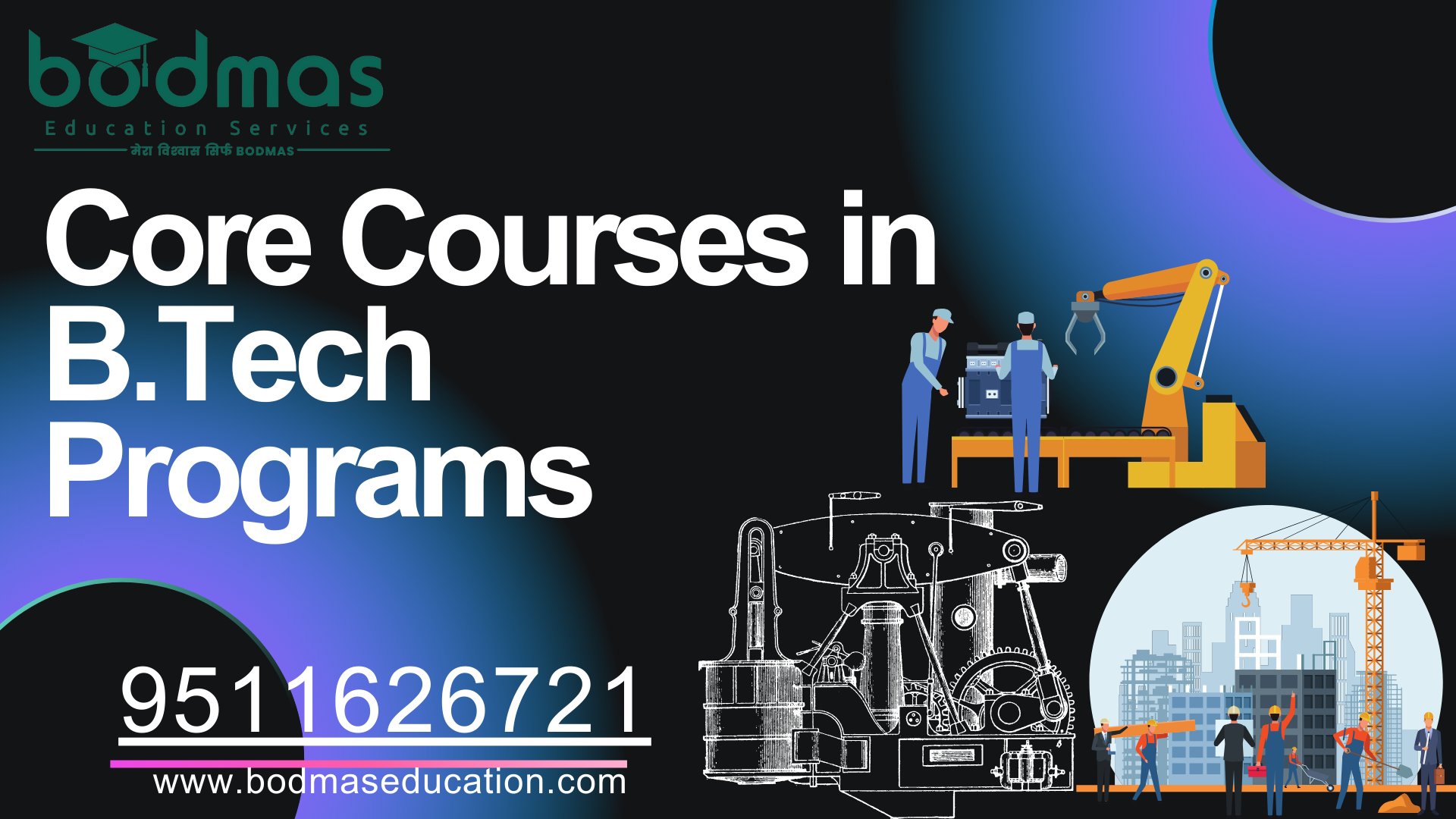Application Process for LLB Programs
Application Process for LLB Programs
Embarking on a career in law is a prestigious and rewarding journey. An LLB (Bachelor of Laws) degree is the foundational step towards becoming a legal professional. Navigating the application process for LLB programs can be complex, but with the right guidance and preparation, you can secure a spot in a top law school. Bodmas Education, a premier education consultancy, offers this comprehensive guide to help you through each step of the application process.
- Understanding the LLB Program
The LLB program is typically a three to five-year undergraduate course, depending on the country and university. It covers various aspects of law, including constitutional law, criminal law, contract law, property law, and human rights. The program is designed to equip students with the knowledge and skills necessary for a legal career.
- Eligibility Criteria
Before applying, ensure you meet the eligibility criteria for LLB programs, which generally include:
- Educational Qualification: Completion of higher secondary education (10+2) or equivalent with a minimum percentage as specified by the university.
- Entrance Exams: Many universities require applicants to clear entrance exams such as CLAT (Common Law Admission Test) in India, LSAT (Law School Admission Test), or university-specific exams.
- Age Limit: Some universities have an upper age limit for applicants.
- Entrance Exams
Entrance exams are a crucial part of the LLB application process. Here are some of the most common exams:
- CLAT: Conducted for admission to 22 National Law Universities (NLUs) in India.
- LSAT: An internationally recognized test used by many universities worldwide.
- AILET: For admission to the National Law University, Delhi.
- Other University-Specific Exams: Various universities have their own entrance tests, such as the Delhi University LLB Entrance Exam.
- Preparing for Entrance Exams
Preparation is key to clearing entrance exams. Bodmas Education recommends the following strategies:
- Understand the Syllabus: Familiarize yourself with the exam syllabus and pattern.
- Study Material: Use recommended books, online resources, and past papers.
- Mock Tests: Regularly take mock tests to gauge your preparation and improve time management.
- Coaching Classes: Consider enrolling in coaching classes for structured preparation and expert guidance.
- Application Process
The application process for LLB programs involves several steps:
- Research and Shortlist Universities
Research universities offering LLB programs and shortlist the ones that match your preferences regarding location, specialization, faculty, and placement opportunities.
- Online Application
Most universities have an online application portal. Follow these steps:
- Registration: Create an account on the university’s application portal.
- Fill Application Form: Provide personal details, educational qualifications, and exam scores.
- Upload Documents: Upload scanned copies of required documents, including mark sheets, ID proof, and photographs.
- Application Fee: Pay the application fee online.
- Entrance Exam Registration
If the university requires an entrance exam, register for the exam separately. Ensure you meet the deadlines for both the university application and the entrance exam registration.
- Prepare Statement of Purpose (SOP)
An SOP is a critical component of your application. It should highlight your academic achievements, career aspirations, and reasons for choosing law as a career. Bodmas Education offers expert guidance in crafting a compelling SOP.
- Letters of Recommendation (LOR)
Many universities require LORs from teachers or professionals who can vouch for your academic and personal qualities. Request LORs well in advance and ensure they are tailored to highlight your strengths.
- Submit Application
Review your application thoroughly before submission. Ensure all details are accurate and all documents are uploaded. Submit the application before the deadline.
- Interview Preparation
Some universities conduct interviews as part of the selection process. Bodmas Education provides the following tips for interview preparation:
- Understand the Course: Be well-versed with the LLB program details and the university’s offerings.
- Current Affairs: Stay updated with current legal issues and news.
- Practice: Conduct mock interviews with friends or mentors to build confidence.
- Dress Formally: Maintain a professional appearance during the interview.
- Financial Planning
Pursuing an LLB program involves financial planning. Consider the following aspects:
- Tuition Fees: Research the tuition fees of shortlisted universities.
- Scholarships: Look for scholarships and financial aid offered by universities or external organizations.
- Living Expenses: Estimate the cost of living, including accommodation, food, and transportation.
- Education Loans: Explore education loan options from banks and financial institutions.
- Visa and Immigration (For International Students)
If you are applying to universities abroad, ensure you are aware of the visa and immigration requirements. Bodmas Education provides assistance with the visa application process, including documentation, interview preparation, and submission.
- Acceptance and Admission
Once you receive acceptance letters from universities, carefully consider your options and choose the best fit for your career goals. Follow these steps:
- Acceptance Letter: Submit your acceptance letter and pay the admission fee.
- Document Verification: Attend the document verification process, if required by the university.
- Enrollment: Complete the enrollment formalities, including course registration and orientation programs.
- Transition to University Life
Transitioning to university life can be exciting and challenging. Here are some tips to help you adjust:
- Attend Orientation: Participate in orientation programs to familiarize yourself with the university campus, faculty, and fellow students.
- Join Student Groups: Engage in student groups and societies to build a network and develop extracurricular skills.
- Seek Support: Utilize university support services, including academic counseling, career guidance, and mental health services.
- Career Opportunities Post-LLB
An LLB degree opens up diverse career opportunities in various fields:
- Legal Practice: Work as an advocate in courts, corporate legal departments, or law firms.
- Judicial Services: Appear for judicial service exams to become a judge or magistrate.
- Corporate Sector: Work in legal departments of multinational companies, handling corporate law, mergers, and acquisitions.
- Civil Services: Pursue a career in civil services by appearing for UPSC exams.
- Higher Education: Pursue higher education in law, such as LLM or PhD, for academic and research careers.
Application Process for LLB Programs
The application process for LLB programs can be intricate, but with careful planning and guidance from Bodmas Education, you can navigate it successfully. From preparing for entrance exams to securing admission and transitioning to university life, every step is crucial. Bodmas Education offers personalized consultancy services to support you at every stage of your journey, ensuring you achieve your academic and career aspirations in the field of law.
For more information and expert guidance on applying for LLB programs, contact Bodmas Education today. Let us help you pave the way to a successful legal career.
































